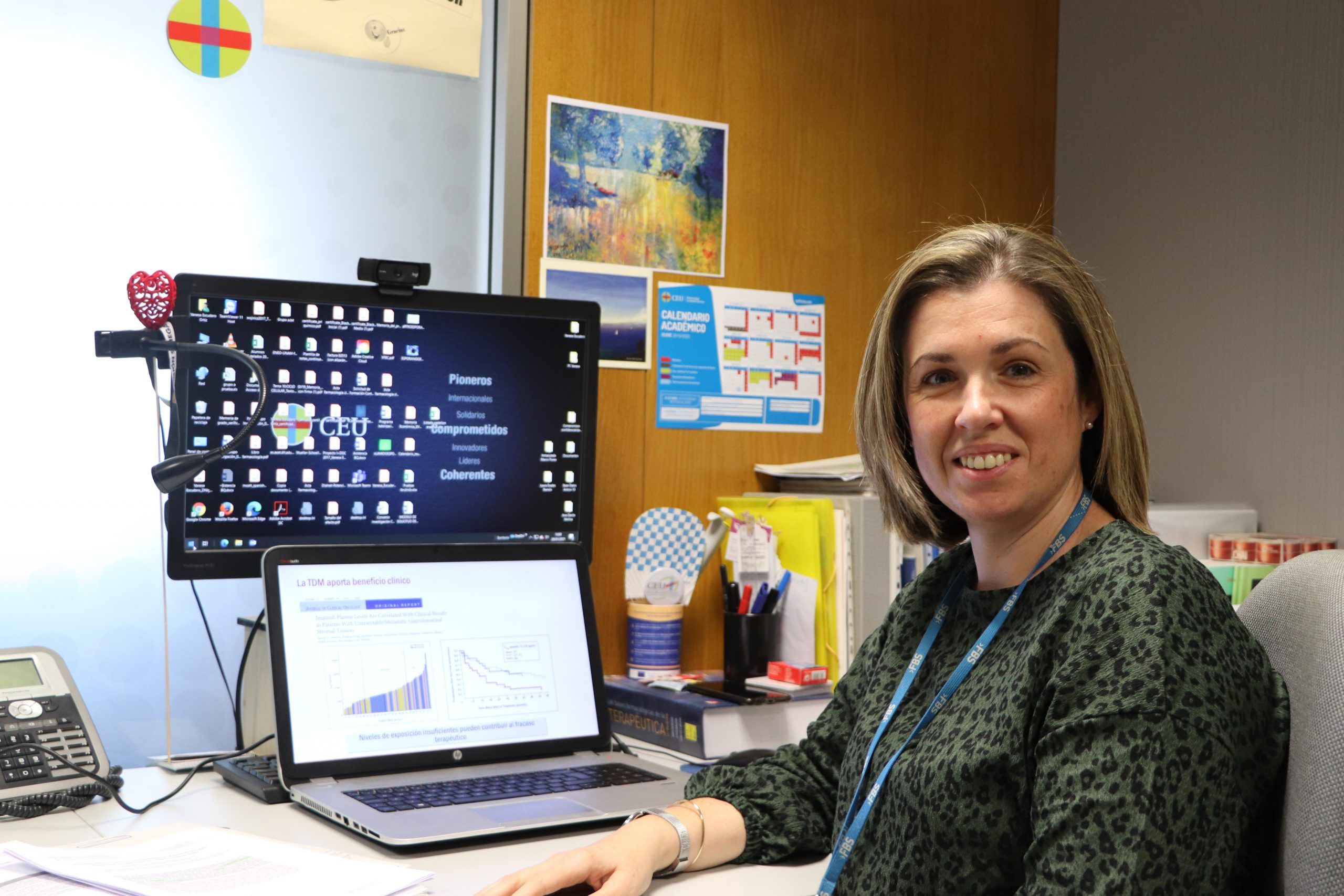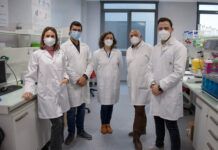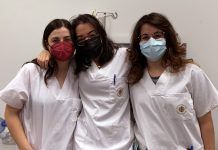- One of the most exciting areas in cancer research concerns patient-specific treatment with personalized drug dosages, according to Dr Vanesa Escudero, a CEU UCH researcher at the Elche campus
- Drug monitoring for oncology enables dosages to be adjusted and to identify the high number of patients in whom standard dosage regimens do not elicit a clinical response.
Dr Vanesa Escudero has been researching quantitative pharmacology and personalized drug therapy since 2005, focusing especially on cancer treatment. Personalized dosing regimens for classic chemotherapy treatment, small-molecule drugs, modelling techniques, pharmacokinetic simulation and oncological pharmacodynamics are just some of the areas she is active in. Although she also specializes in immunotherapy for cancer, she’s currently working on the challenge of oncological drug monitoring.
She is a lecturer on the Nursing degree at CEU UCH’s campus in Elche and she is currently coordinating two research projects funded by the Valencian regional government, the Generalitat Valenciana.
One of these projects has led to the establishment of a monitoring system for theimatinib, dasatinib and nilotinib drugs in routine clinical practice, with the aim of increasing the efficacy and decreasing the toxicity of these treatments for haemato-oncology patients.
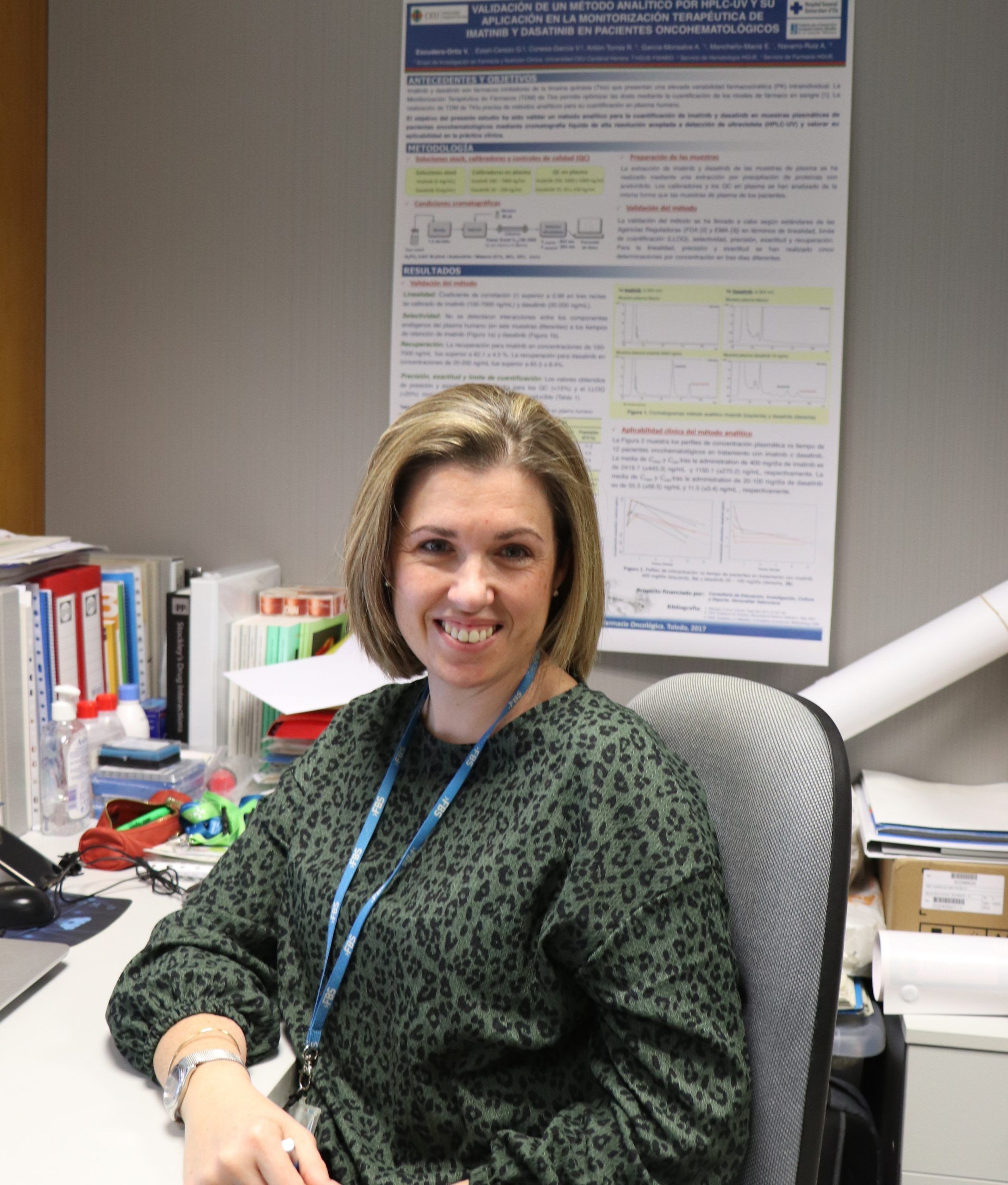
Precision medicine in oncology is a concept which is getting a lot of attention in the fight against cancer. But what does it mean?
One of the main new developments in cancer treatment and research is the ability to tailor treatment decisions to suit each patient. And not just on the basis of the genetic characteristics of the tumour, but also the patient’s own characteristics, which may influence factors such as their metabolism and drug clearance. This is the context in which you hear people talk about precision medicine.
Precision medicine in oncology has two objectives. First, it aims to ensure that cancer patients receive “guided” or “directed” treatment which is specific to the genetic profile of their tumour. And it also seeks to personalize the patient’s dosing regimen, minimizing toxicity while maximizing the treatment’s effectiveness.
This objective of personalizing dosing regimens in oncology is achieved via therapeutic drug monitoring. This is a key tool for precision medicine and it’s the focus of the Clinical Pharmacy and Nutrition Research Group at the CEU Cardenal Herrera University.
Given your experience in bioanalysis and monitoring of cancer drugs and antidepressants in clinical practice, what does personalization really mean for cancer treatment?
The genetic analysis of the tumour itself enables us to determine the nature of each tumour, for each patient, in a personalized way. Once that has been done, a more specific pharmacological treatment, one that is more beneficial for the patient can be put in place. Under a conventional approach, fixed or standard doses would be used based on the patient’s weight or body surface size.
These parameters are often not a good reflection of the patient’s real metabolism. In other words, different people taking the same doses may suffer different levels of toxicity and require a higher or lower dose of the drug. That’s why finding the right balance between toxicity and efficacy continues to be a challenge for health professionals treating these patients.
Thanks to the advances made in precision medicine, the drugs selected can then be monitored to adjust the dosing regimen to suit each patient. You do that by taking into account factors which are inherent to the patient (nutrition, other medication, other pathologies, individual pharmacokinetic factors, etc.). In other words, you provide treatment which is tailored to the needs of each patient. Can you imagine a shoe shop that only provides one size for all customers?
There are numerous studies in the literature concerning dosage personalization. And they show that personalizing the dosage of antineoplastic drugs, on the basis of pharmacokinetic monitoring, can significantly improve target responses, improve average cancer-free survival and reduce toxicity.
Advantage of personalized dosing regimens
How is this personalization of cancer treatment carried out?
The patient monitoring process is straightforward. To personalize the drug dose, we need certain data which can be taken from the patient’s medical records. Once the drug has been administered for the first time (either orally or intravenously), a series of blood tests are carried out to determine the behaviour of the drug in the patient. You take those data and estimate the pharmacokinetic parameters of the drug for that patient. Then, you can make a recommendation for dosage adjustments, if necessary.
What benefits does the patient get from having the dosage personalized?
Therapeutic drug monitoring in cancer patients provides numerous benefits. By knowing the quantity of medication in the patient’s blood after administration, we can adjust the dose provided and identify those patients who are not getting the right clinical response due to the dosage being too low, and we can lower the dose for those who are seeing excessive side effects. Preventing unwanted side effects improves patient safety and that translates into an increase in quality of life.
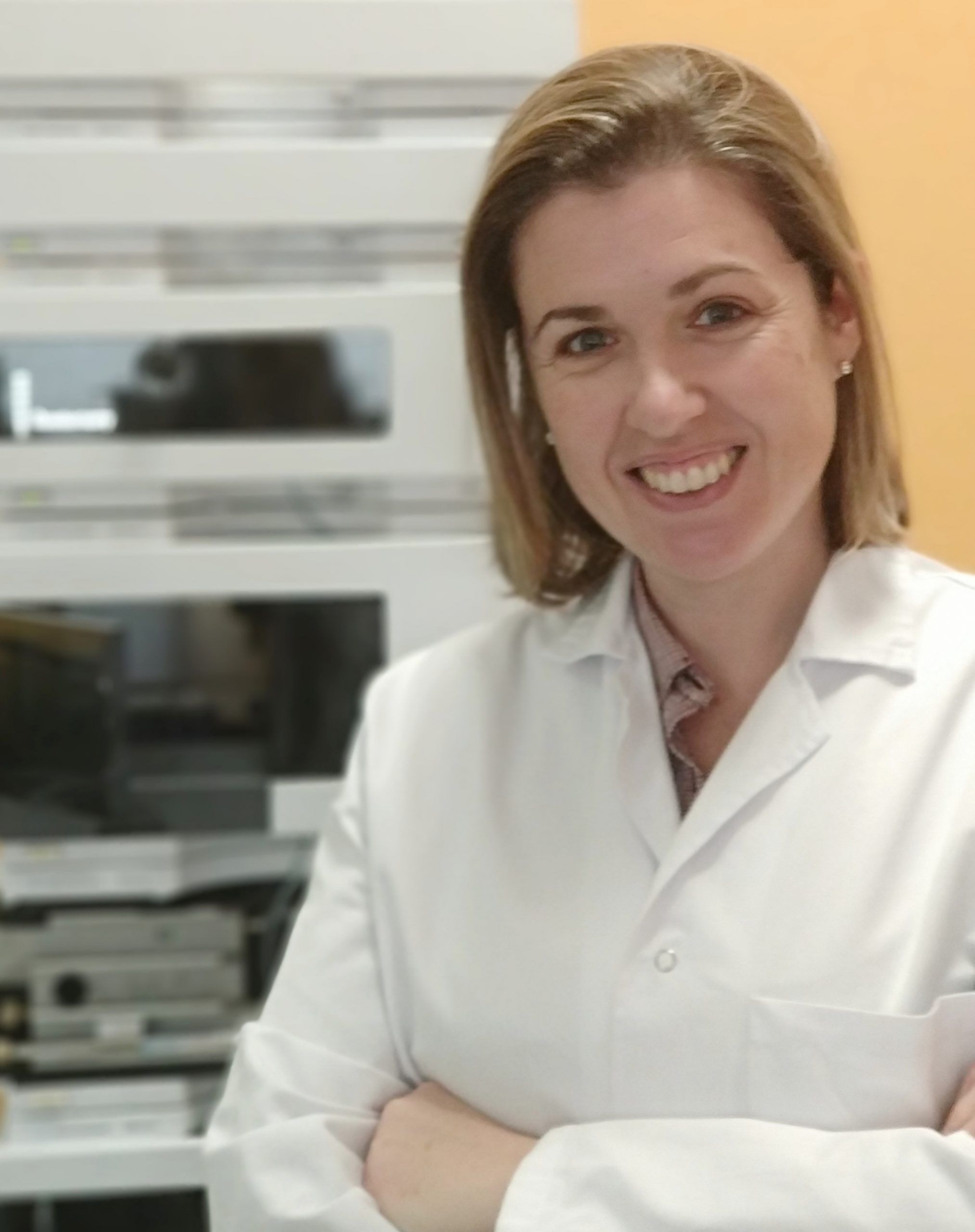
Current challenges
What are the challenges ahead for cancer drug monitoring?
The challenge for therapeutic drug monitoring is to work towards maximum coverage across all cancer treatment. Incorporating this tool into routine clinical practice benefits patients and it also means that you’re using cutting edge research.
And its implementation should be accompanied by research projects that enable new information to be generated and shared. In this way, we can foster new knowledge in the field and achieve the aim of providing better care to cancer patients.
You’re the lead researcher for CEU’s Clinical Pharmacy and Nutrition Research Group. What’s the group working on?
We’re working on the development of new bioanalysis techniques for the quantification of drugs in cancer patients. And on the development of the pharmacokinetic models we need for treatment personalization. We have active research collaborations with the Hospital General Universitario in Elche, the Hospital Vega Baja, the Hospital General Universitario in Alicante and the Hospital Quirónsalud in Torrevieja.


